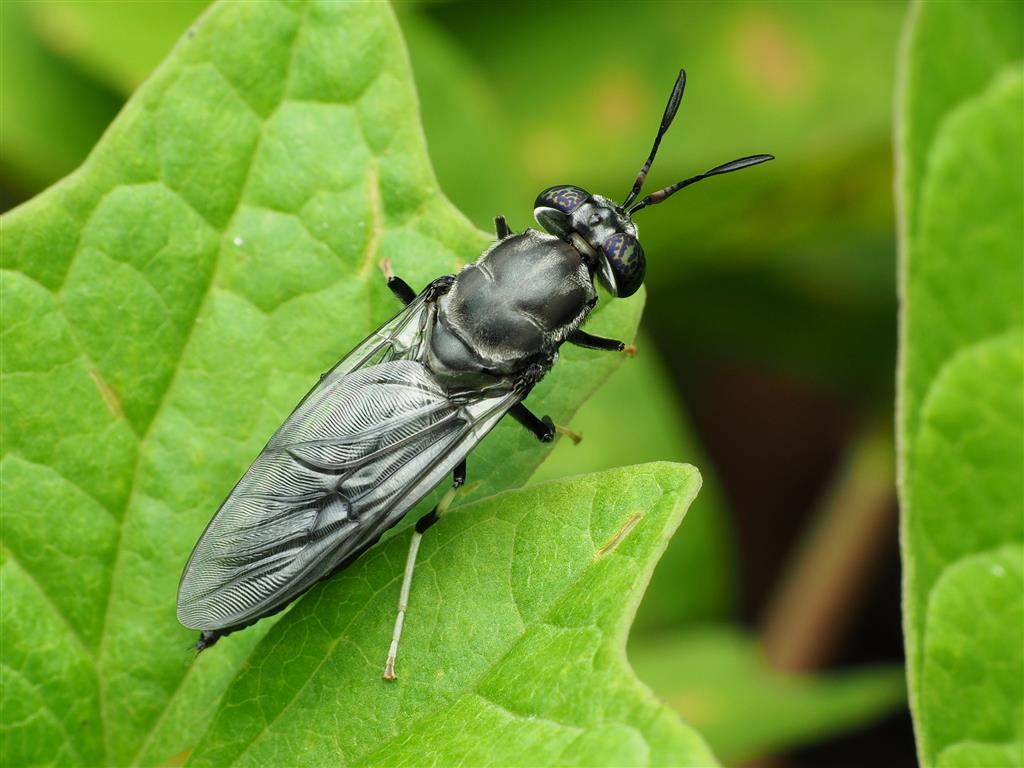
Havana, Jan 18.- Cuban researchers are testing for the first time in the Caribbean country the benefits of the black soldier fly, a biological controller of the common fly and an ally to reduce different types of agricultural waste, it was announced today.
The Technology project for the breeding of the black insect and the use of its by-products in the agricultural branch entered the field phase on the La Candelaria farm, with 100 hectares of cherimoya, cherry, parrot guava, peach, avocado, tangerine, and mango plantations, soursop, cashew, lemon, mamey, bomb fruit, in the province of Ciego de Ávila, reported the Granma newspaper.
Miguel Ángel Iparraguirre, an agronomist specialized in Plant Health, said that the black soldier fly (hermetia illucens) could become a national reference for the circular economy with the use of science and technology to develop economically sustainable agroecological plantations.
“We are in the phase of exploring how this variety of fly can devour different waste, which would represent a benefit for environmental health and for developing crops,” said Iparraguirre, master in Agricultural Sciences and doctor in Biological Sciences.
For now, the effort is focused on the intensive cultivation of the fly, which feeds on the mini-industry's own waste, spoiled fruits and kitchen waste, in addition to being a pollinating insect and biological controller of the common fly.
The scientist explained that the larvae of Hermetia illucens can be used as animal food in cats, dogs, pigs and chickens, both naturally or converted into flour.
According to studies carried out, the worm can have 40 to 60 percent protein, in addition to being a powerful organic fertilizer.
Producer Alexander Ramírez, convinced that organic agriculture can achieve sustainable productivity without using artificial external inputs such as fertilizers and chemical pesticides, praised this insect as a biological controller and an ally to reduce various wastes.
The black soldier fly is gaining popularity around the world because its larvae are capable of recycling various organic substrates, such as manure, food and crop waste, and the biomass produced can be used to feed pigs, chickens and fish.
Native to tropical, subtropical and temperate regions of America, it is currently widespread throughout the world, found in Europe, Africa, Oceania (Australia and New Zealand) and Asia (Indonesia, the Philippines, Japan and Sri Lanka).
The female black soldier fly deposits about 500 oval-shaped eggs, one millimeter long, pale yellow or creamy white in color, in cracks near decomposing organic matter, such as manure, carrion, garbage and organic waste, which hatch into larvae in four days. (Text and photo: PL)